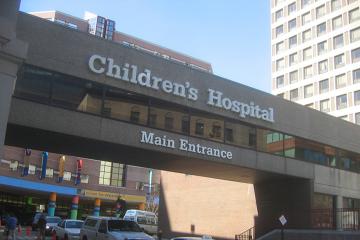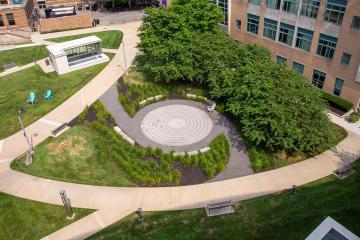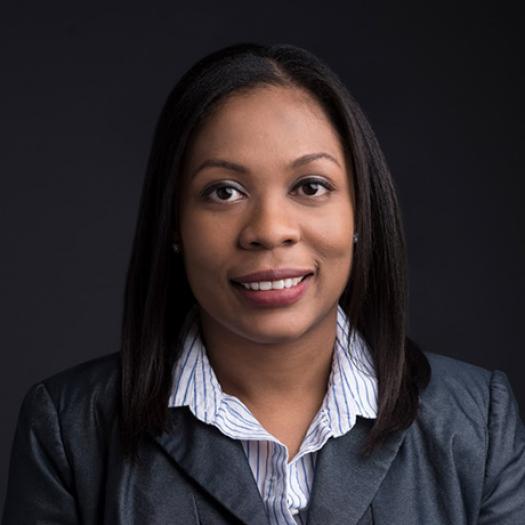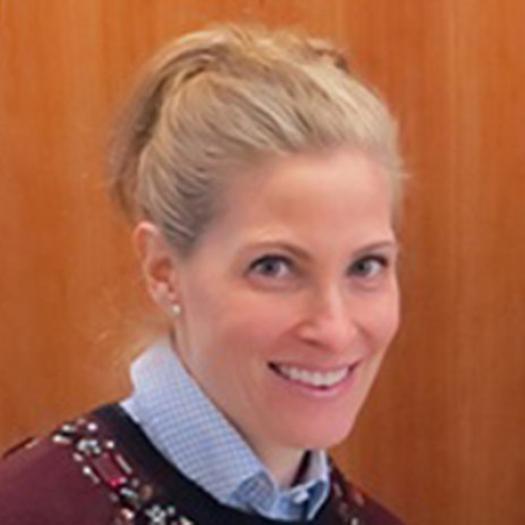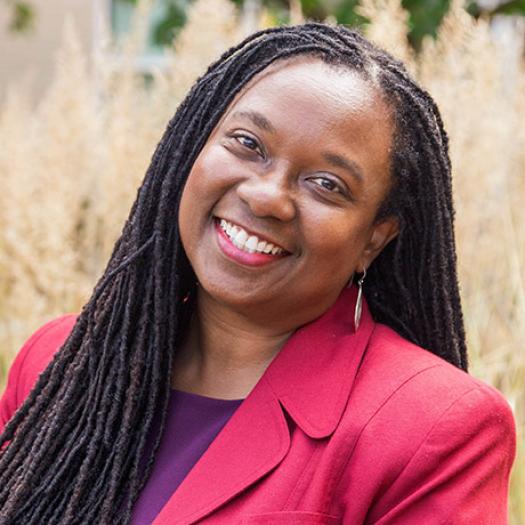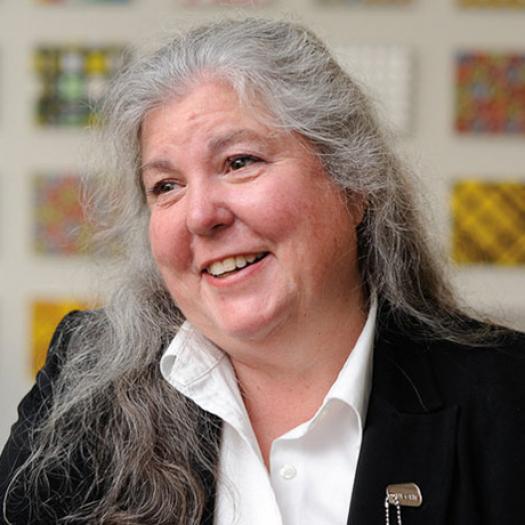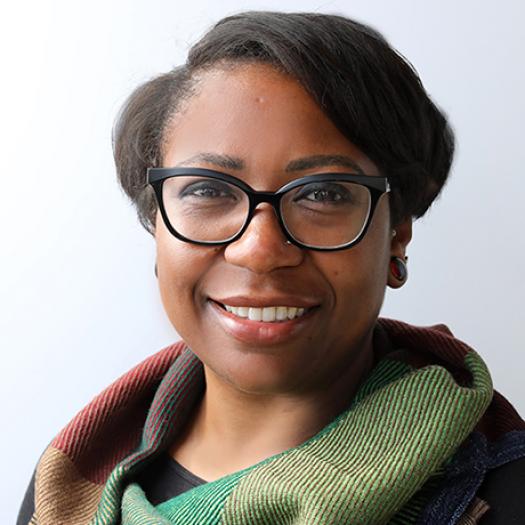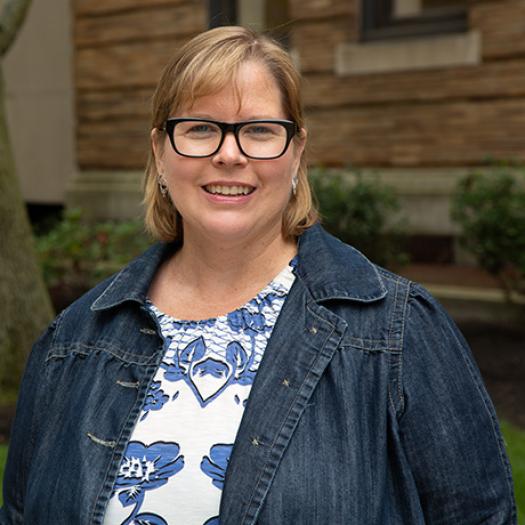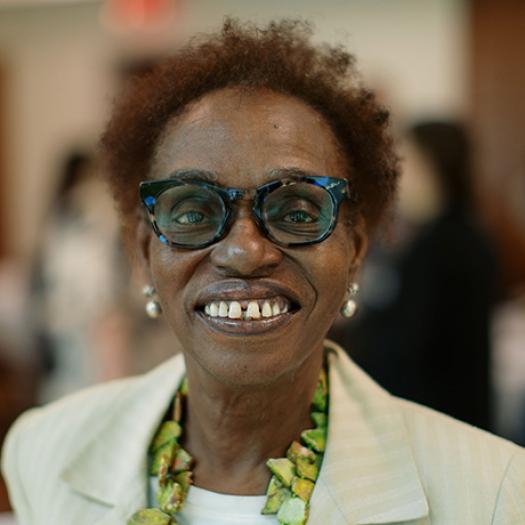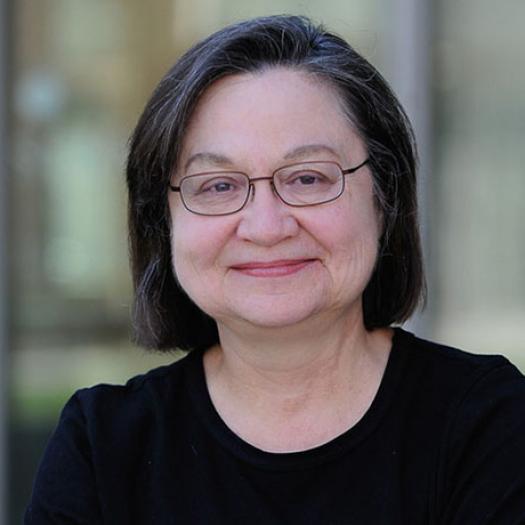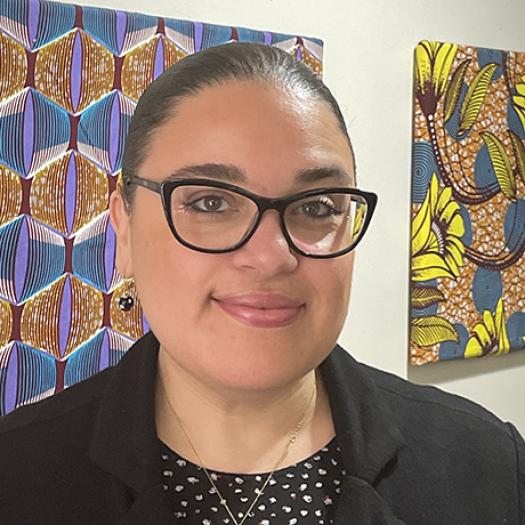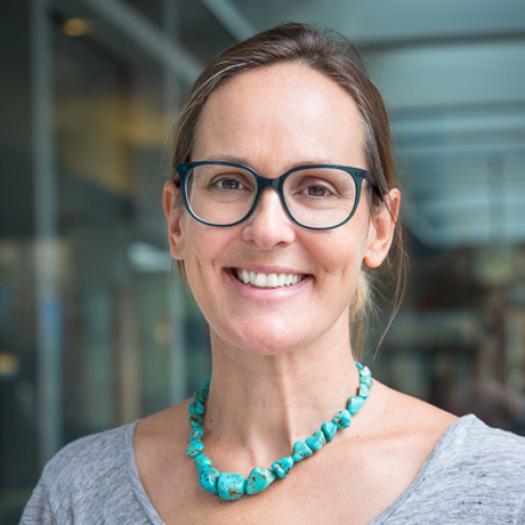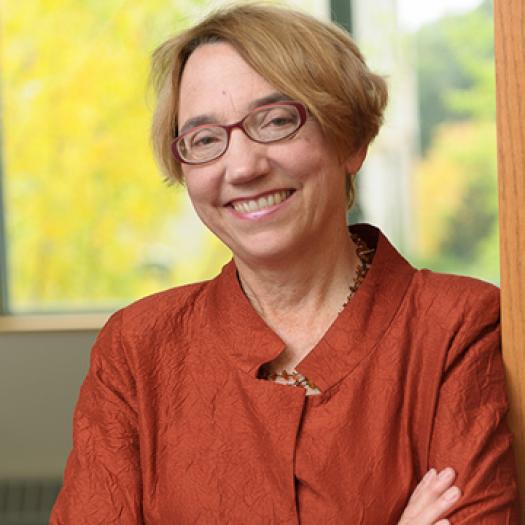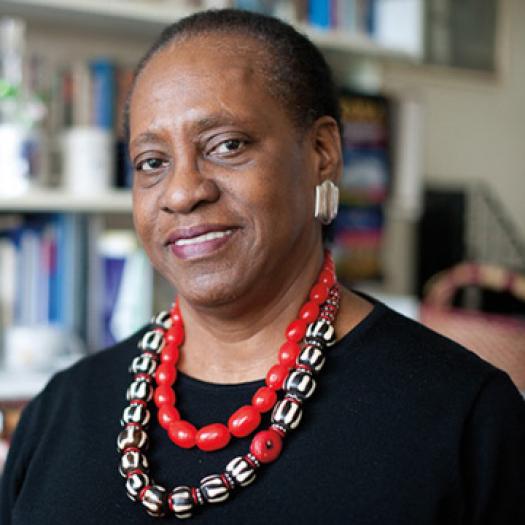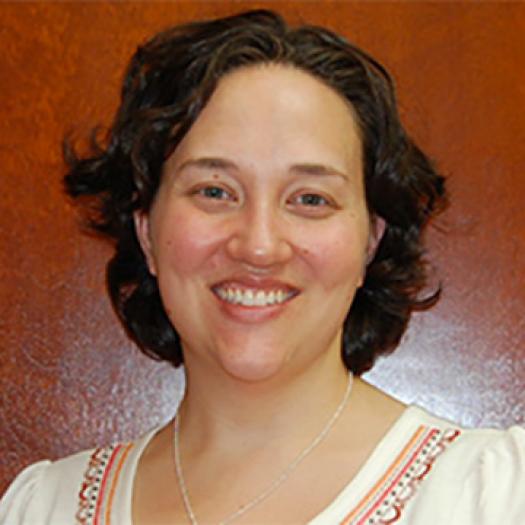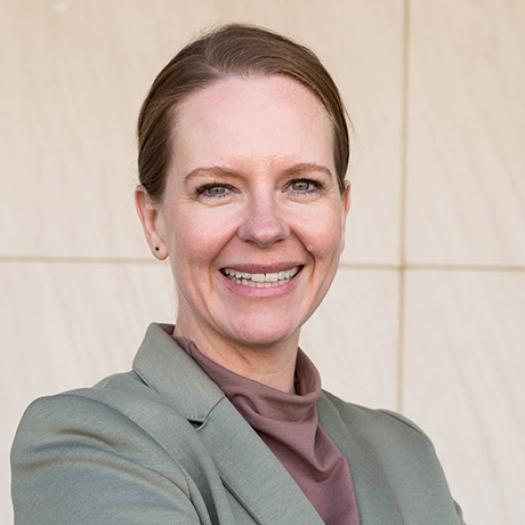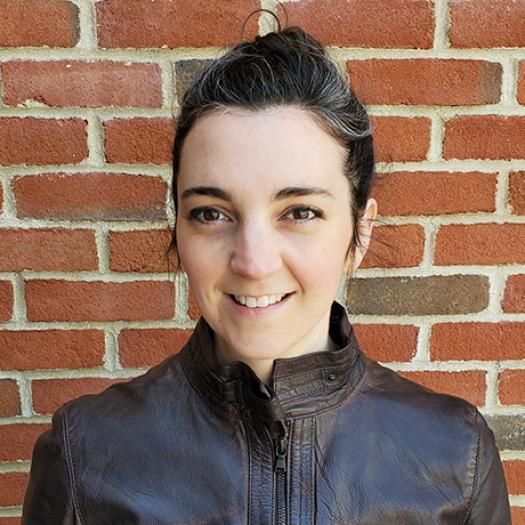Master of Social Work
Why pursue a Master of Social Work at Simmons?
According to the Bureau of Labor Statistics, employment of social workers is projected to grow 13 percent from 2019 to 2029. Job prospects are very good, particularly for clinical social workers.
When it comes to choosing an MSW degree program, what sets Simmons apart? We are committed to providing a personalized, coordinated, and integrated learning experience. Faculty and advisors supervise each MSW student's course load and work with students to help them select practicum education placements that meet their goals. The MSW program holds true to the Simmons mission: to provide transformative learning that links passion with lifelong purpose.
The Simmons MSW offers flexibility: MSW students at Simmons can choose between traditional on-campus courses or online courses and can even dictate their pace of study.
Our innovative, hands-on MSW curriculum integrates education and practice with social justice values and multicultural perspectives, with a strong emphasis on practicum education. As clinician activists, our MSW degree students, faculty, and alumnae/i all work to develop solutions to social and racial injustice through their teaching, research, clinical practice, and community engagement.
MSW program options include:
- Full-Time MSW
- Part-Time — Extended MSW
- Full-Time — 16-month accelerated MSW
- MSW Clinical Practice with Active Service Members, Veterans, and Families
- MSW Trauma Practice Certificate
- MSW Healthcare & Social Work Certificate
- MSW School Social Worker Licensure Certificate
- MSW Public Policy Certificate
- Online—Full-time, Part-time, or Accelerated MSW
There is also an Advanced Standing MSW program for qualified applicants with a bachelor's degree in Social Work (BSW). For undergraduate students seeking a social work degree, view our Social Work (BSW) program or our accelerated Bachelor’s to Master’s Social Work (BSW)/Social Work (MSW) 3+1 program.
Admission requirements for a Simmons MSW degree
To apply to our MSW degree program, you must submit the following:
- Completed online application form
- $45 non-refundable application fee
- Résumé
- Personal statement
- Official college transcripts, indicating graduation date
- Three letters of professional or academic recommendation
Learn more about admission requirements for our MSW degree.
An MSW program deeply committed to innovative clinical training
Simmons' School of Social Work is the only Social Work School in Massachusetts that uses Social Work Simulation Education, a current best practice in the field, to facilitate MSW students’ higher level learning.
Simmons Social Work Clinical Simulation enables students to learn how to integrate social work theory, knowledge, skills and values into practice. Standardized patients who are trained actors and case studies are used to produce simulated clinical situations, allowing Simmons MSW students to practice treatments. With the use of simulation, Simmons MSW students engage in real-life clinical situations, preparing them for circumstances that arise in their practicum placements and for jobs as clinical social workers after they graduate.
Hear more from the Simmons MSW community about how simulation prepares students for real world practice.
What can you do with an MSW?
Graduates of our MSW program have established themselves as strong agents of change. They are grounded in direct clinical practice and committed to working with underserved populations.
Areas in which MSW graduates are currently working include
- child welfare
- community mental health
- corrections
- disaster response
- domestic violence
- HIV/AIDS
- housing
- juvenile justice
- medicine
- psychotherapist in public mental health or private practice
- public health
- public policy
- school social work
MSWs in the state of Massachusetts are also eligible to become LCSWs and LICSWs.
Simmons also offers an on-campus PhD in Social Work and an online Doctorate in Social Work (DSW) designed for advanced clinical scholars.
Learn more about our MSW degree!
Are you ready to find out more about earning your MSW at Simmons? Request more information about the Boston Campus MSW program, visit our campus (visit a class, talk to current MSW students, schedule an informational meeting and a campus tour), register for an MSW information session, or apply to our MSW today! You can also read more information about our fully online MSW degree option SocialWork@Simmons.





